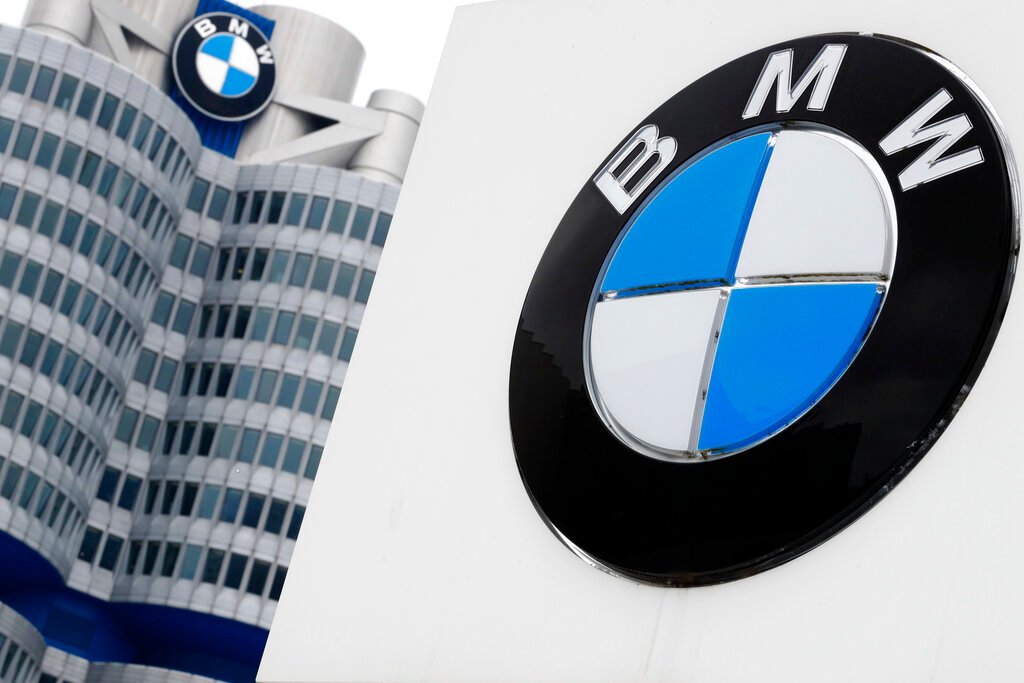FRANKFURT: A no-deal Brexit will make BMW and Mini cars in Britain and Europe more expensive, the German automaker’s finance chief warned Wednesday.
If Britain and the European Union do not reach a post-Brexit trade agreement, a 10% customs tax would be applied to cars crossing the channel, costing BMW hundreds of millions of euros, Nicolas Peter said in a conference call.
“The only way to mitigate some of that is to raise prices,” he said.
“Minis in Europe and BMWs in Britain will become more expensive.”
BMW produces cars for export into the UK from the EU, while it assembles some Mini models for European customers at its plant in Oxford.
Britain is BMW’s fourth largest market, Peter said, and a no-deal would cost the car maker a “mid three-digit million amount”.
Higher prices would lead to lower sales, he added, “which is why we are still hoping that a reasonable solution will be found”.
European Commission President Ursula von der Leyen on Wednesday said “the next days are going to be decisive”, adding that there remained a “narrow path to an agreement” on post-Brexit trade.
The UK, which officially left the EU on Jan 31, will abandon the single market and customs union on Dec 31.
Without a trade agreement, its business with the EU will be governed solely by World Trade Organization (WTO) rules.
A solution may not arrive before Christmas, the BMW finance chief said.
But he said he was still hoping a deal will be agreed “before the clock strikes midnight”.
The Brexit fallout is already making itself felt.
Last week, Japanese carmaker Honda was forced to announce a production break at its British plant in Swindon because of a lack of spare parts, blocked by congestion at British ports as a result of Brexit preparations.
Even without an agreement, Peter expects logistics flows to stabilise quickly – possibly after “a few weeks” of turbulence.
BMW added that it was “prepared” for all outcomes and “does not foresee any interruption” in production at the beginning of January.

